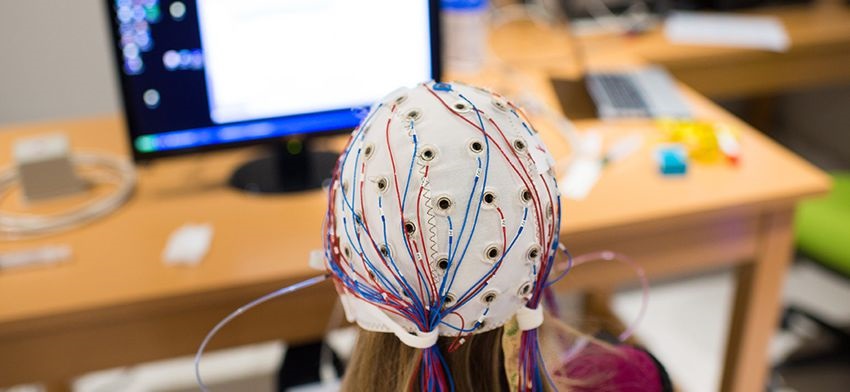A team of researchers at Yale University say they may have identified as to the cause of children exhibiting the severe neurobiologic disorder known as pediatric obsessive-compulsive disorder after an infection. Their findings appeared in the American Journal of Psychiatry.
The biology surrounding pediatric autoimmune neuropsychiatric disorders (PANDAS) is not fully understood but is theorized to be caused by streptococcal infections, likely evident among a number of OCD cases involving children.
In the new study, researchers uncovered antibodies that bind to certain cells in the brain known as interneurons.
Their findings were the result of experiments on 27 children diagnosed with pediatric autoimmune neuropsychiatric disorders and a control group of 23 participants.
In the experiments, researchers learned that the participants diagnosed with a pediatric autoimmune neuropsychiatric disorder had high levels of an antibody that combats particular interneurons.
Concentrated in the striatum region of the brain, the antibodies correlate with voluntary motor control and other features of OCD, according to researchers. Binding of these interneurons with the antibody decreases such activity.
“Pilot work suggests that IgG antibodies from children with PANDAS bind to cholinergic interneurons (CINs) in the striatum,” the study’s co-authors explained.
“CIN deficiency has been independently associated with tics in humans and with repetitive behavioral pathology in mice, making it a plausible locus of pathology. The authors sought to replicate and extend earlier work and to investigate the cellular effects of PANDAS antibodies on cholinergic interneurons.”
The Yale research team concluded that “IgG from children with PANDAS bound to CINs, but not to several other neuron types, more than IgG from control subjects, in three independent cohorts of patients.”
“These findings provide strong evidence for striatal CINs as a critical cellular target that may contribute to pathophysiology in children with rapid-onset OCD symptoms, and perhaps in other conditions,” the co-authors stated in their findings.


